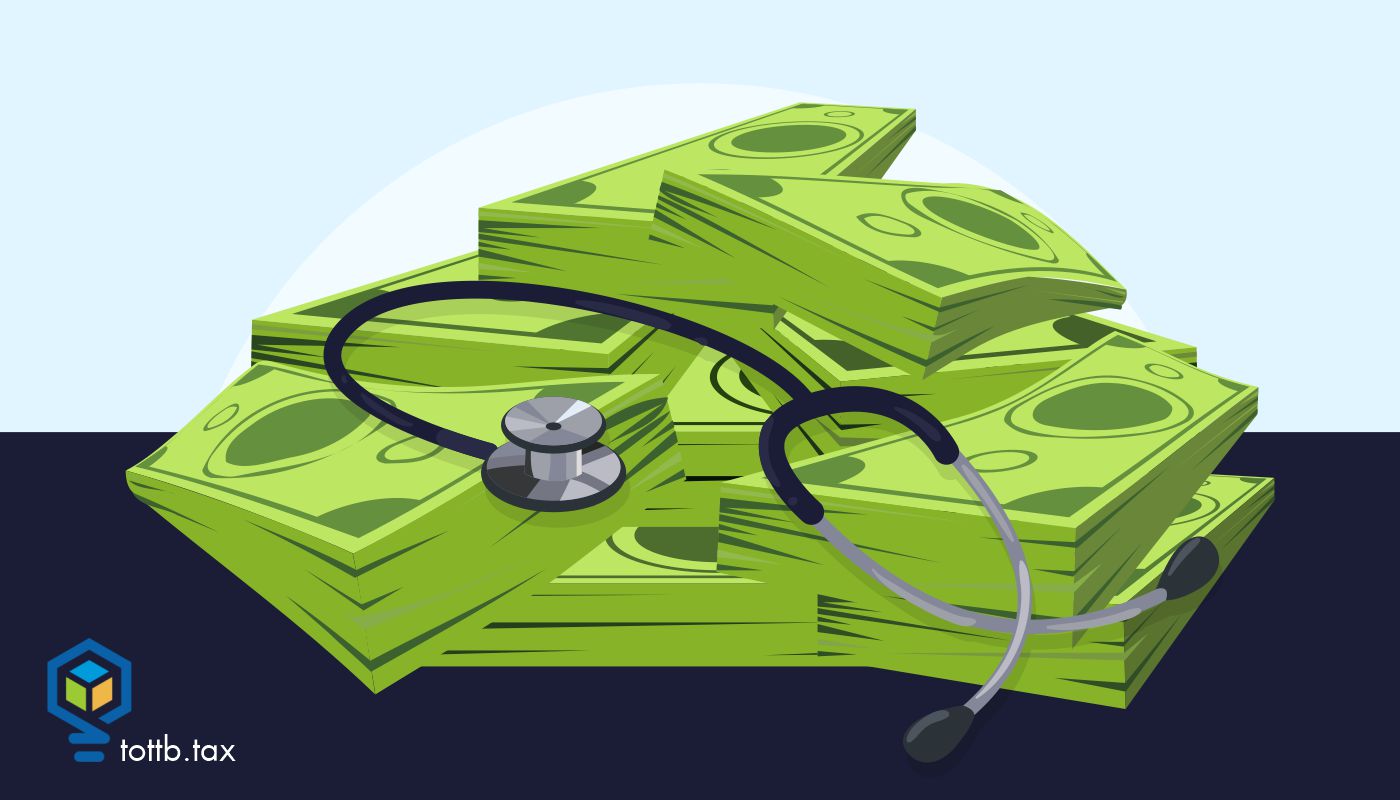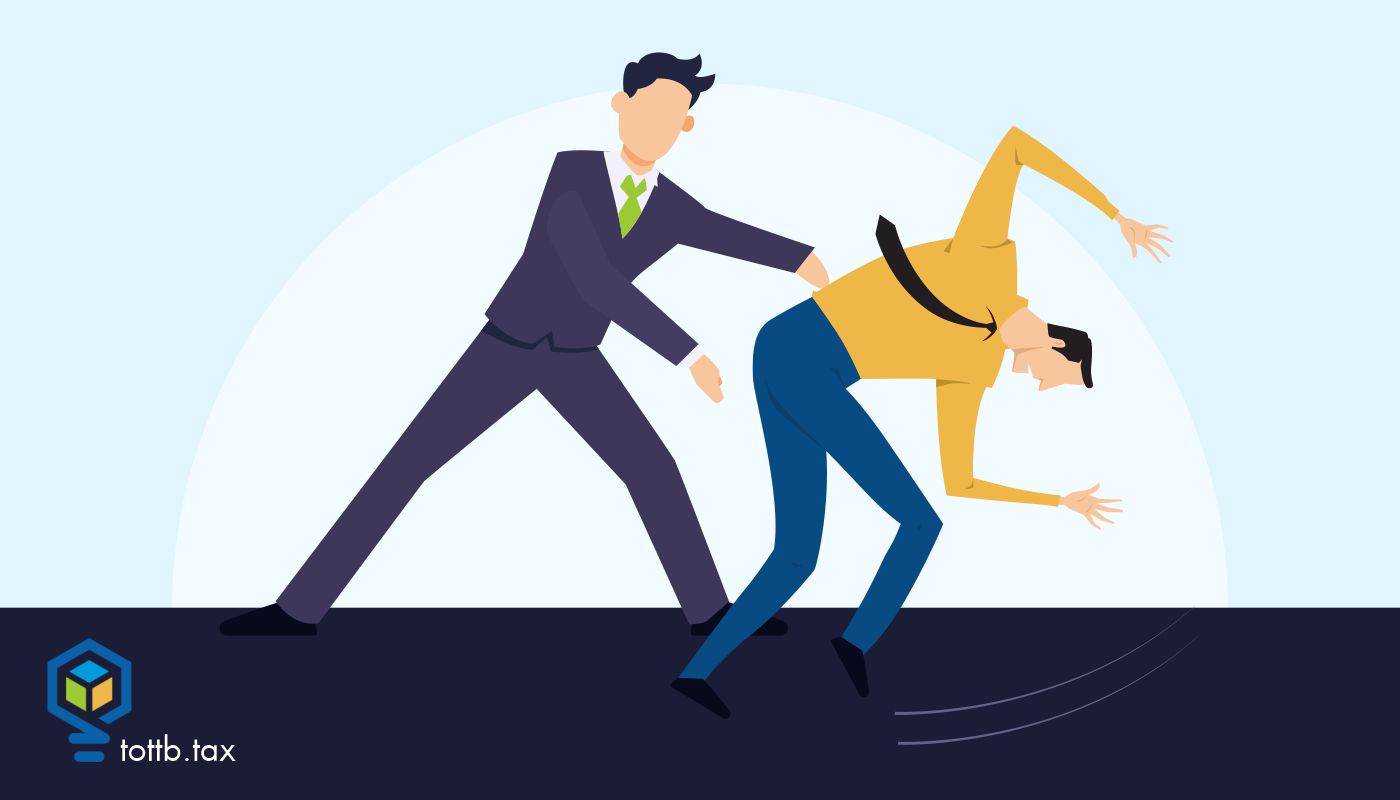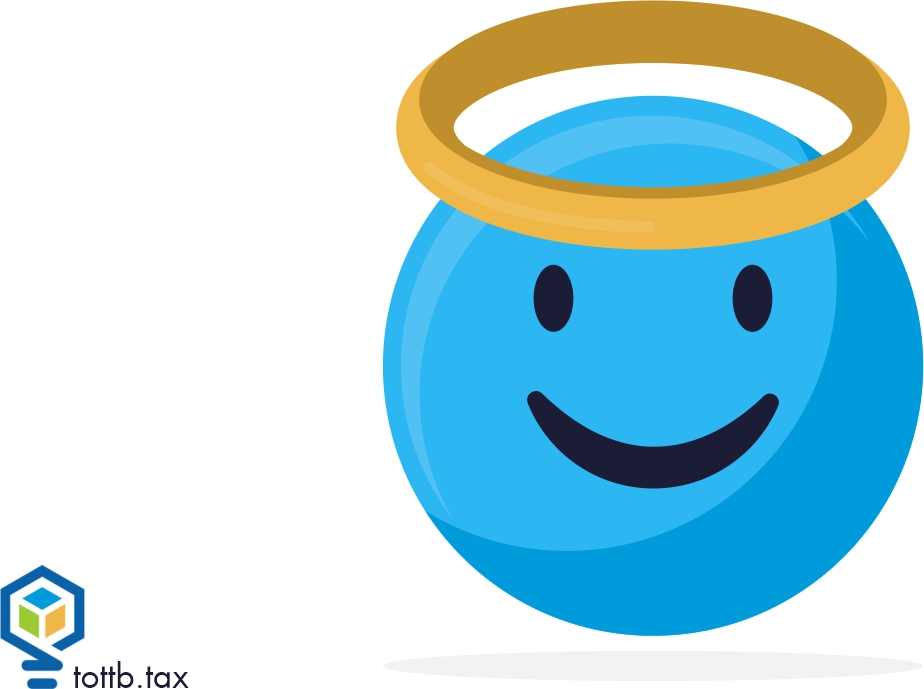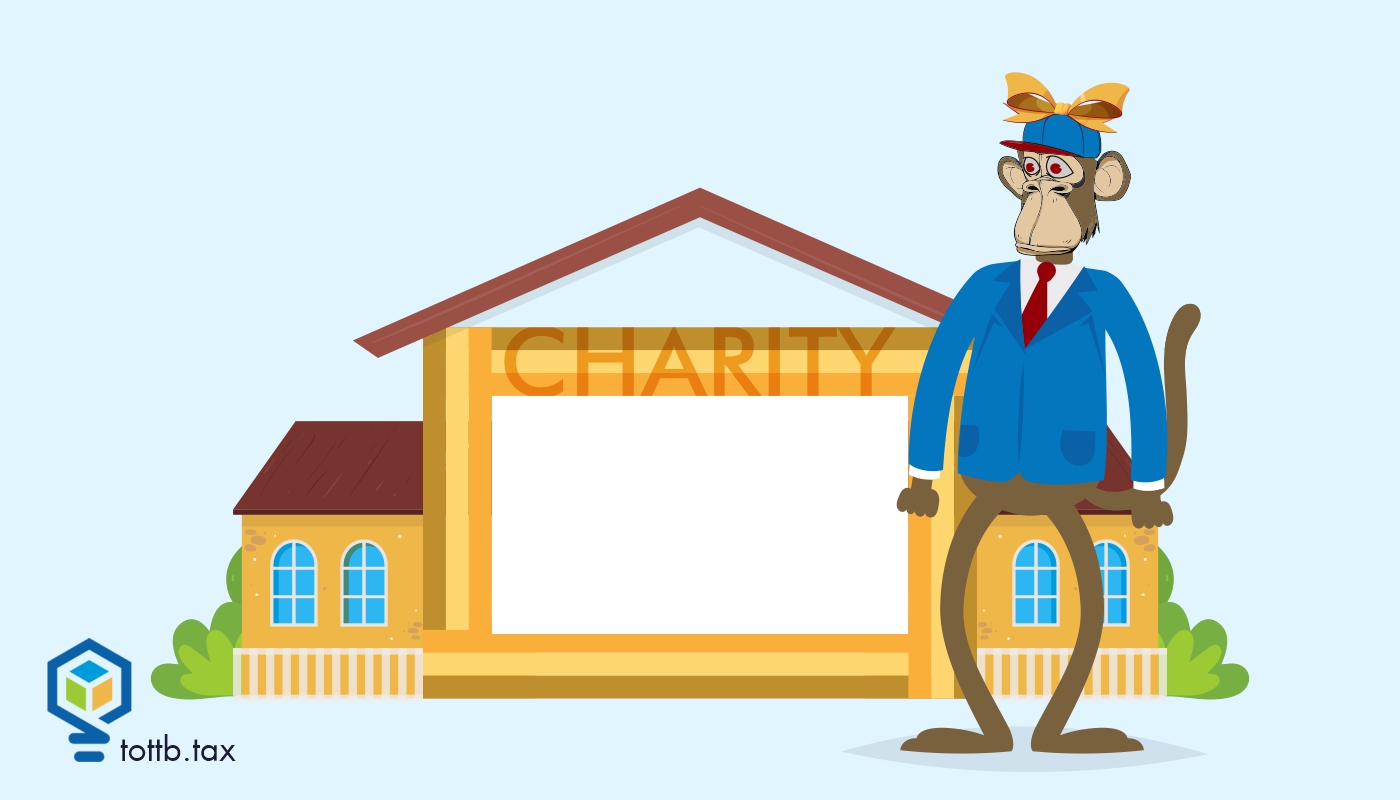Client Alert
Innocent Spouse Relief
"I knew he was a crook when I married him." Come again? And you still married him? That's what I said in my head as it took every muscle in my face to keep my forehead from scowling. But instead, I said, "What do you mean?" "We always had good money and nice things, but we never paid taxes. I always owed when I was single. But when we got married, I stopped working and we never owed." Let me take a moment to rewind and get you up to speed. This taxpayer, let's call her Mrs. Bonnie for the purposes of this story, reached out because she needed to file last year's tax return. She was recently widowed, and her husband typically handled the tax filing. So, she was already feeling overwhelmed and lost when it happened. She went to the mailbox and pulled out mail from the IRS. It was a CP3219A , notifying her that credits claimed on a previous tax return were being disallowed by the IRS. Not only did she owe taxes, but she also owed accuracy related penalties. She only had 90 days to respond if she disagreed and didn't know what to do. When she reached out to me, she inquired about whether I could review previous year returns. Mrs. Bonnie wanted to make sure that they were "done right". This isn't a strange request. I told her that I would review the prior year to have a baseline and if I saw anything fishy, I'd bring it to her attention and perhaps look at another year. I didn't even make it to the signatures before the fishiness leaped off the page. I set up a meeting with her via Zoom to review my findings. As I begin to ask about some of the credits claimed and her husband's business her answers did not match what was on the return. That's when she let me know that she knew her husband, Mr. Clyde, was a crook when she married him. Mrs. Bonnie didn't know much about taxes, but she did a bit of research. She read about something called Innocent Spouse Relief and thought she may be eligible. Let's look at what Innocent Spouse Relief is and why Mrs. Bonnie was not eligible, but your client may be.
Read MoreAre NFTs “Collectibles”? – The IRS Says Maybe
Beanie babies, Pokémon cards, POGs, and digital pictures of monkeys on the internet, one of these things is not like the others. All these are items that people may collect or at least have collected in the past. Maybe they were just collecting for fun, or perhaps they acquired in hopes of selling their items in the future for a profit. However, the IRS has highlighted only one of the items on this list as potentially being a collectible. A non-fungible token (NFT) “is a unique digital identifier that is recorded using distributed ledger technology and may be used to certify authenticity and ownership of an associated right or asset. Ownership of an NFT may provide the holder a right with respect to a digital file (such as a digital image).” NFTs run the gamut from bored apes (computer generated pictures of monkeys that sell for hundreds of thousands of dollars, not to be confused with board apes, which are monkey pictures on sandwich and surf boards and do not sell for hundreds of thousands of dollars) to Ruish Bronzelight (a DeFi Kingdoms online video game Warrior Wizard we met in “Tax Planning for DeFi Based Games”), and even event tickets (especially popular with crypto conferences). There is even at least one CPA who sells access to his tax practice via NFT. Click here to continue reading…
Read MoreNOT A MEMBER YET?

SUBSCRIBE TO GET ALL OF OUR
GREAT ARTICLES AND RESOURCES!
CURRENT EDITION

Tackling Taxes On an Inherited HSA
The Health Savings Account (HSA) is a first line of defense tax strategy. Contributions are deductible and earnings are tax-free if used for qualified medical expenses. There are numerous features to the HSA that secure maximum tax benefits. Structured properly, an HSA can provide serious tax-free money to beneficiaries as well as the account holder. Before we review the implications of inheriting an HSA, let’s review some of the powerful features an HSA has that increases the value of the account.

Kadau v. Commissioner and the Line Between Effective and Broken Captives
Captive insurance remains one of the most closely examined tax planning strategies in use today, not because it is inherently flawed, but because small missteps can carry outsized consequences. Many taxpayers assume that careful formation and proper documentation are enough to protect the intended tax outcome. A recent Tax Court decision, Kadau v. Commissioner, serves as a reminder that those assumptions deserve closer scrutiny. The court’s analysis did not hinge on whether captive insurance can work, but on how a specific arrangement actually functioned in practice. For tax professionals advising clients who rely on micro-captives, the case raises important questions about where structures tend to break down, why some arrangements attract IRS attention while others do not, and what really separates a defensible captive from one that invites challenge.

Not Every Client Is a Keeper: When Saying Goodbye Protects Your Practice
Bad chemistry with one client can disrupt the flow with everyone. That one client who doesn’t follow your processes and messes up the workflow during tax season. The client who never turns things in on time but then wants results from you immediately when they do. These things affect how you interact and work with your other clients as well. As the firm owner we should do whatever we can to protect good chemistry within our business. As a tax advisor the people we work with become our family. We help them make decisions that impact them and their families. That is why firing clients can be a delicate matter when you are doing the firing.



